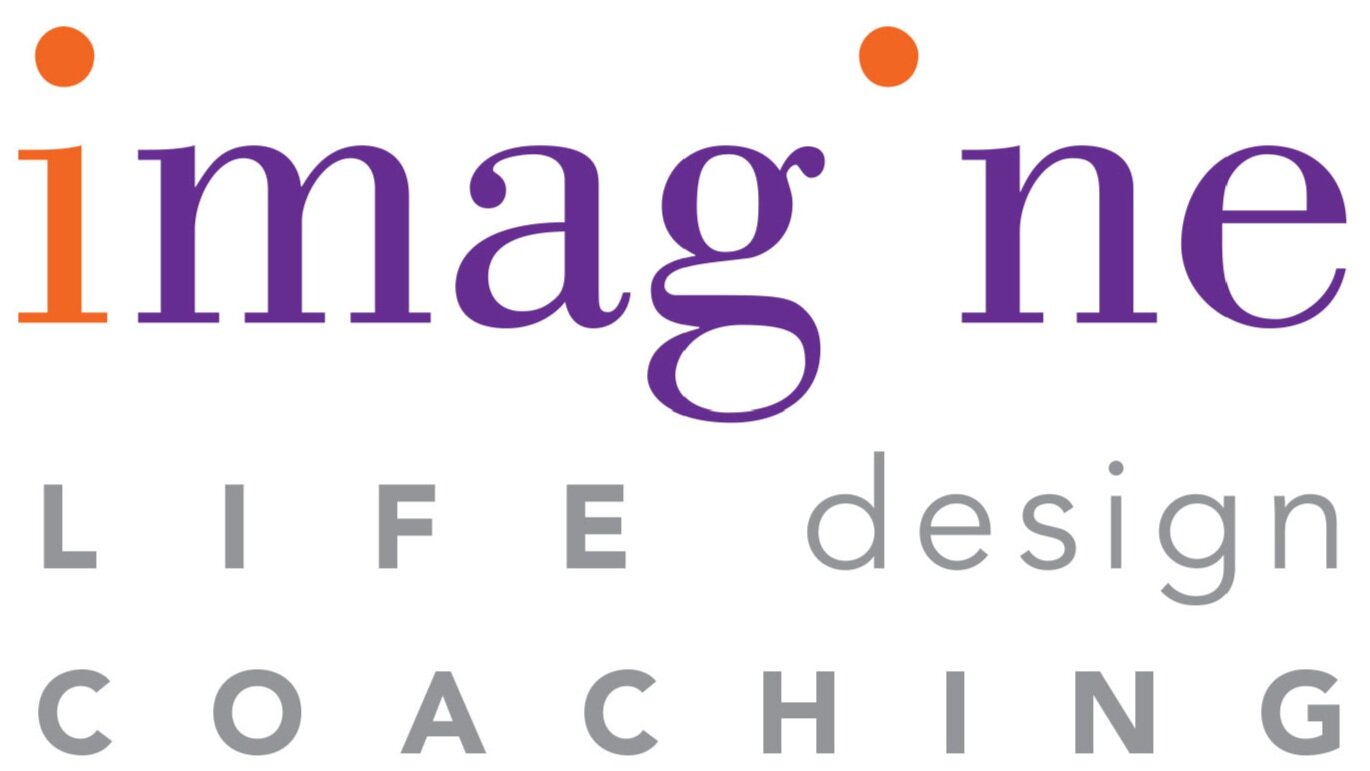If I’ve learned anything as a life coach, it is to notice. Notice how I am feeling and subsequently what I am thinking to make me feel that way. This was a VERY new skill for me and one I continue to practice daily.
You see, I had built a life around perceiving what OTHERS felt and filling their needs. This came in handy and made me a great friend, daughter, sister, wife, mother and employee . I was able to read and anticipate the needs of others and deliver what they wanted. Nice huh? For them, yes, but for me? Not so much.
The concept of noticing my own needs has been a game changer for me. Approaching life from the inside out, starting with me, felt egotistical at first. I was raised to put EVERYONE, their needs, wants and feelings before me.
I found that I wasn’t alone.
My client, Linda was so unaware of herself, that when I would ask her what she was feeling, she came up blank. She was so anesthetized by her life, that she couldn’t identify her own emotional state. She wasn’t happy, sad or indifferent, she was numb.
If you are anything like Linda, or me, you were unwittingly taught to ignore your feelings. Well meaning parents, teachers and elders cautioned us to push through it and get on with it:
“Don’t Cry”
“Oh, it’s not that bad”
“Shake it off”
“Toughen up”
We were admonished for showing emotion and congratulated for a quick recovery. What we didn’t know was that those feelings, left unprocessed in our bodies would stay there, for a life time.
Author and coach Iyanla Vanzant refers to this as being “dead from the neck down”. It’s the inability to feel. If we can’t identify our feelings, we can’t address them. If we can’t address them, we can’t change anything. If we can’t change anything we stay stuck where we are.
I was clearly “dead from the neck down”. I didn’t realize this until I began life coach training. One of the first things we learned was to be able to identify and feel our emotions, as they were key to finding our right life. We learned an exercise that Martha Beck calls The Body Compass. We were asked to recall an emotionally charged memory, then to rate it on a scale from 1-10. First a bad memory, then a good one. When asked where I felt that emotion in my body, I came up blank. I had become so skilled at toughing it out and ignoring my feelings that I got nothing, nada, zip. I was urged to practice, and practice I did.
The first step is to simply notice:
When I began the process I set a timer on my smart phone. Every hour when the bell went off, I would just notice myself. I would put my attention on my body. Nine times out of ten, I could feel the tension I was carrying in my shoulders. Ten times out of ten I noticed that I was grinding my teeth. My dentist knew it, as did my physician. They saw the end result of the stress and tension I was carrying in my body. Now, I was seeing it.
The second step is to identify:
After a week or so of simply noticing, I began to ask myself what I was feeling in that moment. It took a while but words like; anxious, scared or nervous would surface frequently. Simply identifying what I was feeling was new for me. I was so used to hiding my real emotions that admitting that I felt fear or weakness was rather liberating. After a couple of weeks of noticing and identifying, I was ready for the next step.
The third step is to inquire:
I now knew that my body was unconsciously doing things that were harmful to its health. I knew what the emotion was that was attached to these actions. The next thing to do was to get answers; so I asked myself…
Why am I anxious? What am I afraid of? What do I need right now? And I would wait for an answer. Again, it didn’t happen the first day or even the second. But eventually I began to get answers. Answers that only I could come up with. When I got really honest with myself, and pushed past my tendency to block my feelings, I could see that I what I was afraid of was judgment, rejection and humiliation. Simply recognizing this provided some relief.
Our feelings are triggered by our thoughts. Our emotions are energy that form and create sensations in our bodies. If we don’t feel and process that energy, it sits there and festers…causing tight shoulders, unhealthy overbites, gastritis and worse.
The solution?
Cry when you need to. Express anger appropriately when necessary. Find a safe person and discuss what you are feeling. Journal. Slow down enough to notice and name your emotions and then allow yourself the time and space to process them. This will provide you with the the foundation to reach your goals and to WIN at the game of life.

